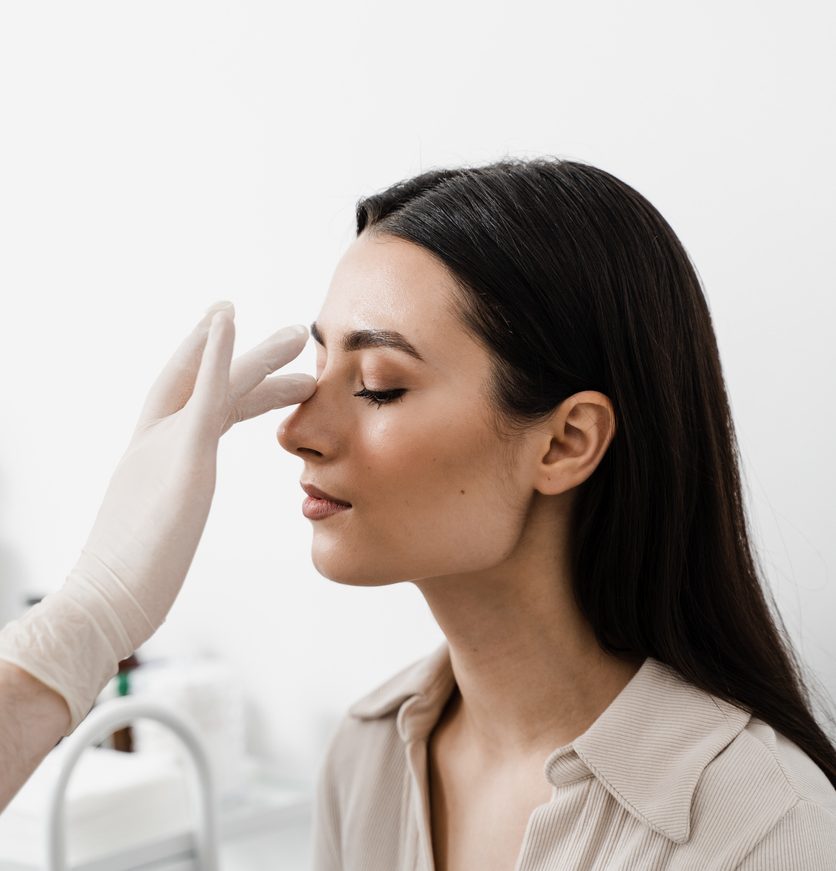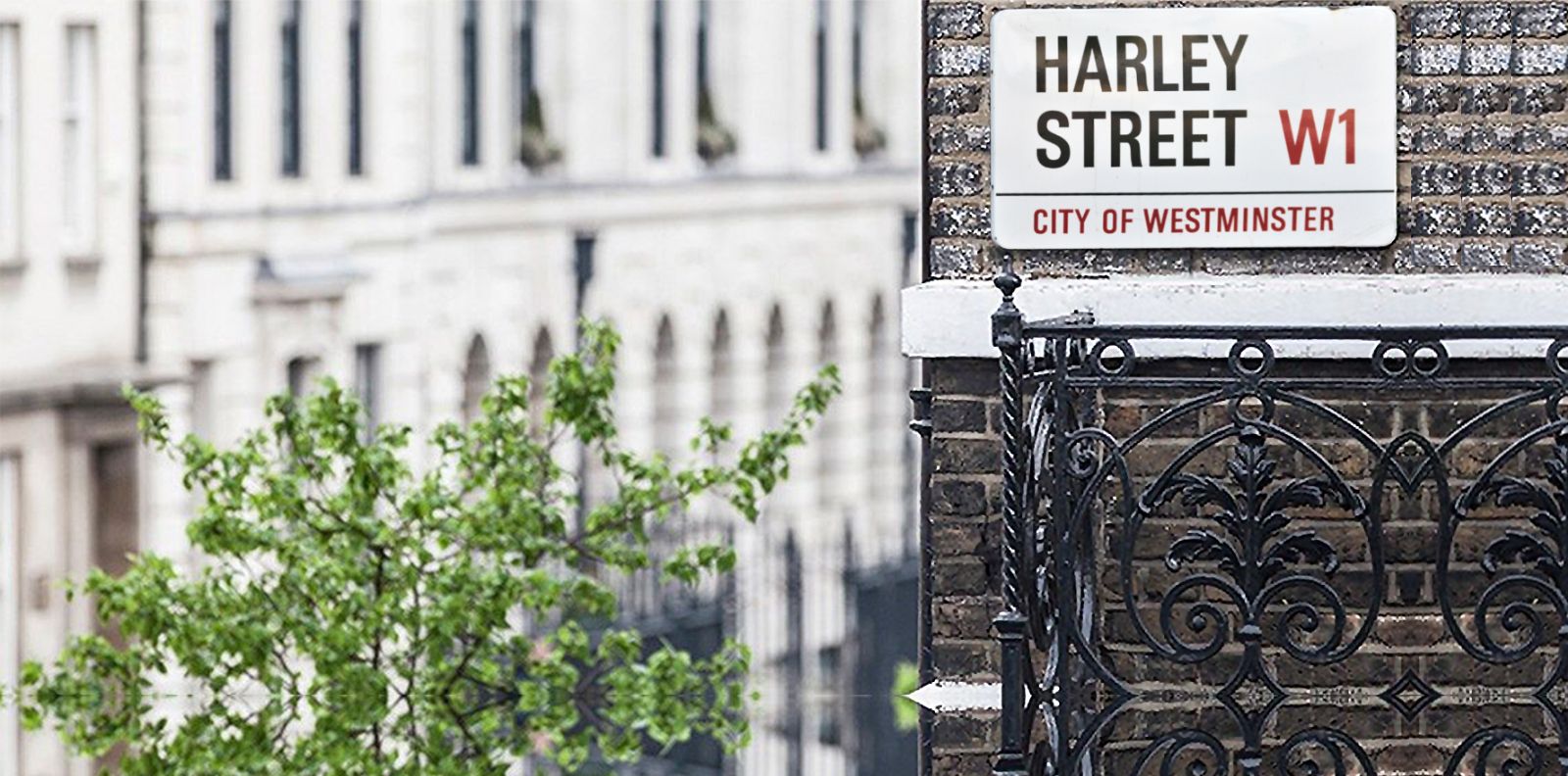

This is a question a lot of our patients ask us, and generally we say that the Rhinoplasty healing process can take around six weeks for the visible signs of surgery to disappear. We give our patients an estimated range of six weeks because this is the recommended time to rest before going back to your regular routines such as intense exercise.
Generally, the superficial signs of Rhinoplasty surgery (such as bruising and surface-level swelling) reduce after 1-3 weeks, however, deeper inflammation can take around 6 months to a year to fully dissipate. One of the things many patients having noticed is that their nose can look slightly different throughout the day during the healing period, this is because of swelling which can fluctuate. Often swelling can become more prominent first thing in the morning and then disappear after a few hours.
![]()
When it comes to seeing the final result of your Rhinoplasty, Dr Yannis believes the truest, lasting result can be seen one year afterwards – so although you’ll see an immediate and dramatic change once your nose cast is taken off, it can take a while for your nose to settle into its new shape fully.
Watch the below video for more information on what to expect during your Rhinoplasty recovery:
A lot of people are asking which day of Rhinoplasty is the worst, we thought we would break it down:
This may be the most uncomfortable time of your recovery but can be completely managed through pain relief. Swelling will start to present itself, this is a normal part of the healing process. You should sleep with your head elevated and avoid all intense activity.
Initial swelling may reduce and bruising may start to develop. It is not uncommon for bruising to develop beneath the eyes or for swelling to occur around the cheeks or jaw. You should still be sleeping with your head elevated and limiting intense physical activity in favour of light walking.
It is usually around this time when we will remove your stitches and cast. You can still expect some swelling – especially between the eyes where there would have been a little pressure from the cast. We recommend you continue sleeping with your head elevated.
The majority of surface-level swelling should be well on it’s way to diminishing, however, deeper dermal inflammation can still be present. Lymphatic Massage and LED treatments can help to reduce this. Speak with our Surgical Team to ask whether you should still be sleeping with your head elevated.
Three weeks after your Rhinoplasty you may be itching to recommence exercise and normal routines again, but please avoid heavy lifting and intense exercise until you get the all clear from your surgeon – in the case of 111 Harley Street, this will be Dr Yannis who specialises in Rhinoplasty and facial surgeries.
Saline nasal spray: as you won’t be able to touch the inside of your nostrils or blow your nose, we recommend a saline nasal spray to help relieve any itchiness and clean your nose during the time you’re wearing your Rhinoplasty cast (around 10 days).
Light exercise: gentle walking after having a Rhinoplasty can be very beneficial. This helps promote circulation and may reduce swelling.
At-home LED light treatments or in-clinic ones: a lot of people own red light masks and other skin-renewing devices, so we recommend holding them near your nose (not actually touching the skin) to help accelerate the healing process and reduce any scarring. We offer LED Celluma Light Therapy treatments in our clinic which can be booked here.
Not touching your nose: as tempting as this often is, touching your nose will not help with your Rhinoplasty recovery and may even make it worst – potentially causing infection.
Gentle washing of the nose: it is not advised to put your face directly under a shower for at least two weeks, but gently washing around your nose with a warm washcloth or cotton gauze can help keep the area clean and free of infection.
Please note, all consultations are subject to the applicable consultation change or deposit.
To request a consultation, please complete this form.
To request a consultation regarding Rhinoplasty costs in London, please complete this form.
Please note, all Rhinoplasty consultations are not free and are subject to the applicable charge below at the time of booking. This is deducted from the cost of your procedure:
Surgical Procedures Virtual Consultation Fee – £200
Surgical Procedures In-Clinic Consultation Fee – Dr Yannis £350
Our Patient Advisors are contactable via phone Monday to Friday from the hours of 10:00 – 18:00
